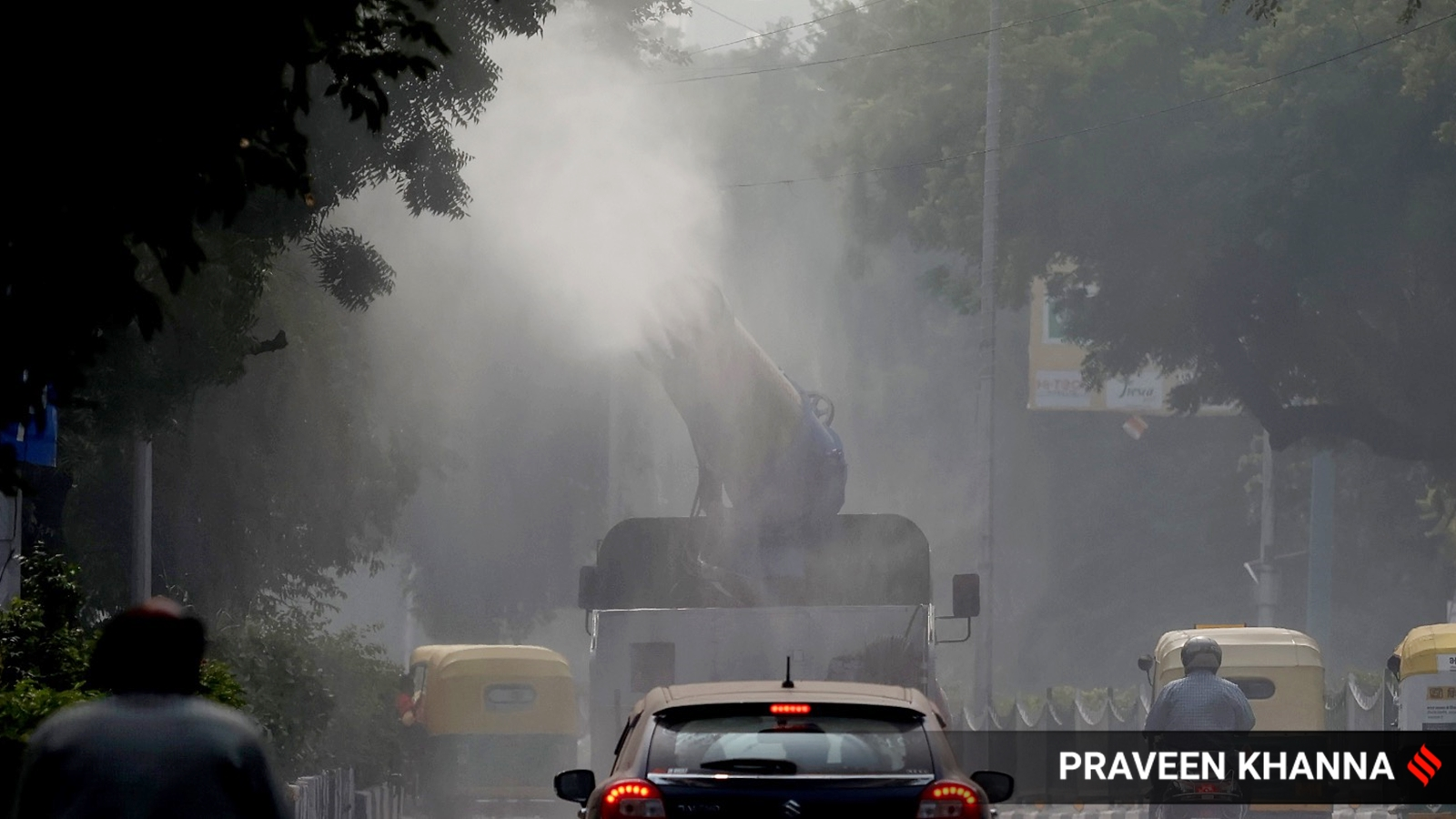Poor AQI levels have plagued several parts of the country, including Delhi NCR, for the past couple of weeks. According to experts, the detrimental impact of this hazardous air extends beyond affecting physical health, reaching into the realm of brain health as well.
Dr Deepak Nagananda, consultant neurologist, Chinmaya Mission Hospital, Bengaluru quoted recent research conducted by scientists at Peking and Yale Universities, which has brought to light the concerning effects of poor air quality on brain health. For instance, they found that chronic exposure to air pollution significantly impairs cognitive functions, especially in older men.

“This is quite alarming, as it suggests that the air we breathe could be subtly yet profoundly impacting our brain’s ageing process, potentially leading to conditions like Alzheimer’s. It’s not just a public health issue; it’s a wake-up call for us to reconsider how we interact with our environment,” he tells indianexpress.com in an interaction.
Dr Ankita Priydarshini, consultant psychiatrist and founder, Thriving Minds, Dehradun, explained that poor air quality can expose individuals to pollutants like particulate matter, nitrogen dioxide, and volatile organic compounds. “These pollutants can enter the bloodstream and potentially reach the brain, affecting neurological functions.”
Studies, like one done by Harvard T.H. Chan School of Public Health in February 2023, suggest a correlation between exposure to air pollution and an increased risk of mental health issues such as depression and anxiety. Inhaling fine particulate matter, for example, may lead to inflammation in the body, including the brain, Dr Priyadarshini warned as it could contribute to mental health problems.

“Air pollution isn’t just about physical health; it’s also about how we feel, think, and experience life as we age. It’s a reminder that tackling air pollution could be as crucial for our mental well-being as it is for our physical health,” says Dr Nagananda.
 Anti-smog vehicle sprinkles water to control pollution at ITO in New Delhi. (Express photo by Praveen Khanna)
Anti-smog vehicle sprinkles water to control pollution at ITO in New Delhi. (Express photo by Praveen Khanna)
How to safeguard yourself
Dealing with the effects of poor AQI and climate change is a multifaceted challenge.
Reduce exposure
Reducing exposure to air pollution is a start – think air purifiers at home and masks outdoors.
Make the right lifestyle choices
It’s about lifestyle choices – staying active and eating right. These factors, as highlighted in the studies, Dr Nagananda pointed out not only boost our health but also help us maintain cognitive function in the face of environmental stressors.
Push for change
Beyond individual actions, there’s a larger call to action here. We need policies and collective efforts aimed at reducing pollution. “This isn’t just an environmental issue; it’s about safeguarding our future mental and cognitive health,” said Dr Nagananda.
Take part in local initiatives addressing environmental concerns. Being actively involved in community efforts provides a sense of purpose and contributes to positive change, added Dr Priyadarshini.
Mindfulness techniques might help
Practice mindfulness to stay mentally resilient in the face of long-term air pollution. Techniques like deep breathing and meditation can help manage stress.
Ecotherapy integration
Explore the therapeutic benefits of connecting with nature, said Dr Priyadarshini. Spend time outdoors, engage in activities like gardening, or consider ecotherapy as part of mental health support for a comprehensive approach.
Source link
credite

